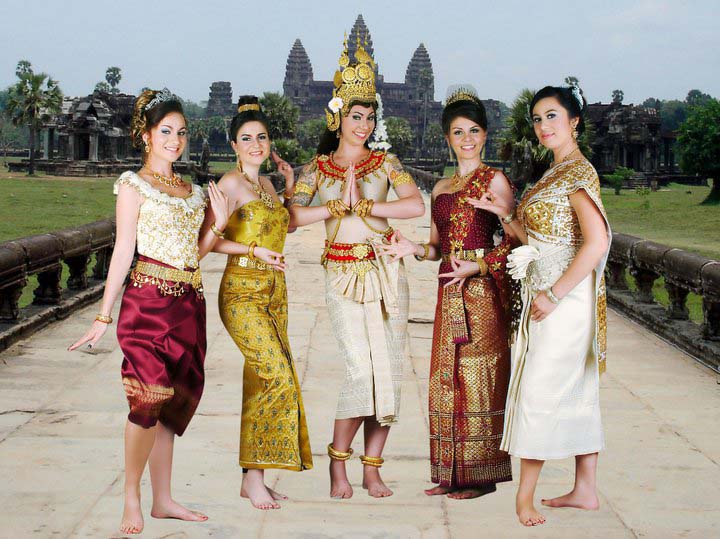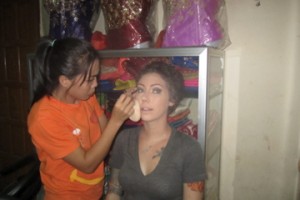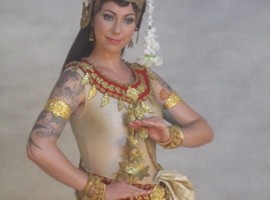[Editor’s note: This article was published in its original form here.]
I ONCE SAT in a cafe in Tangier, Morocco. Some famous man-filled cafe where Western writers used to pen masterpieces. Or cruise for ass. Or trip out on exotic drugs. Or, most likely, some combination of the three. It was popular with tourists—in the way that that Hemingway bar in Havana is popular—and with well-heeled locals. I was the only female, Western or otherwise, in the joint.


